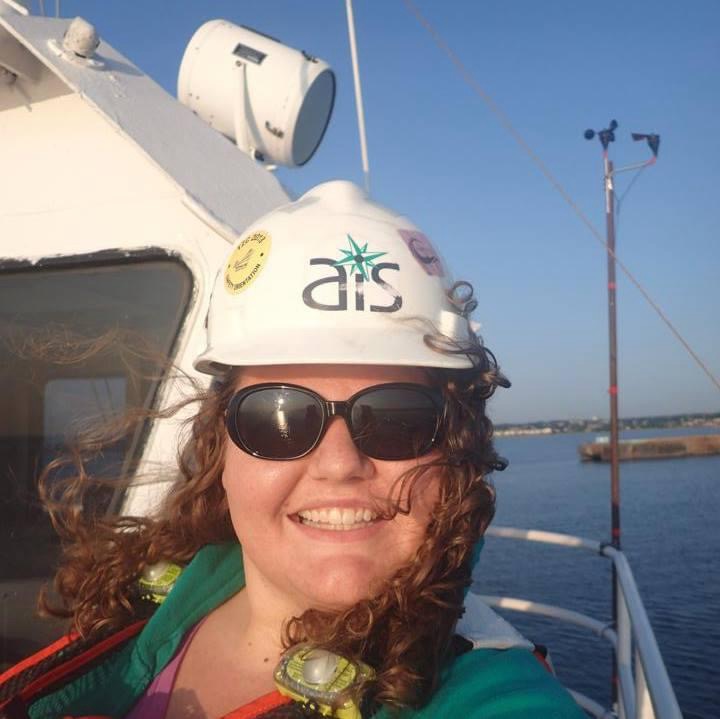I grew up in New Jersey and was eager to explore a new area for college. Hood College caught my eye, especially with its unique Coastal Studies program. A visit to Frederick sealed the deal for me—I was instantly charmed by the quaint, small-town feel mixed with rich history and proximity to Baltimore and DC. As the daughter of a history teacher, my childhood was filled with trips to places like Frederick, it did not take long to decide I was heading to Hood.
Some of my favorite memories revolve around the simple, everyday moments that made college life so special. I fondly look back at laughing with friends in the dining hall—those two-hour weekend brunches pure joy. My Coastal Studies semester was an absolute blast; we traveled all over the Chesapeake Bay watershed region. I’ll never forget the fun times at Deep Creek Lake and the adventurous experience on an oyster schooner tall ship, trying to slurp live oysters while some of us audibly struggled!
A quote from President Volpe has stayed with me: “We are preparing Hood graduates for jobs that do not even exist today.” That forward-thinking mindset resonates when I think of my current career. Ultimately, the spirit of collaboration and the warm, friendly "Hood Hello" culture strengthened my ability to connect with diverse stakeholders in my international projects, more than any one fact I learned in class.
When I think of influential professors, Dr. Drew Ferrier immediately comes to mind. His passion for ecology and understanding systems inspired me to adopt a similar lens in my career in fisheries data management. Dr. Eric Annis introduced me to hands-on marine science jobs, channeling my love for marine science and precise data collection. He led me to the idea of commercial fisheries observing, which kickstarted my career.
After graduation, I dedicated my time to offshore work as a commercial fishery biologist on scallop vessels, gillnet vessels, and groundfish trawlers. This experience led to roles with the US Army Corps of Engineers as a Dredged Material Inspector in the NY Harbor and as a Protected Species Observer on projects like the Tappan Zee Bridge replacement. Now, I’m working internationally in the realm of fisheries and crew welfare electronic monitoring, thanks to the solid foundation and inspiration I received at Hood.

